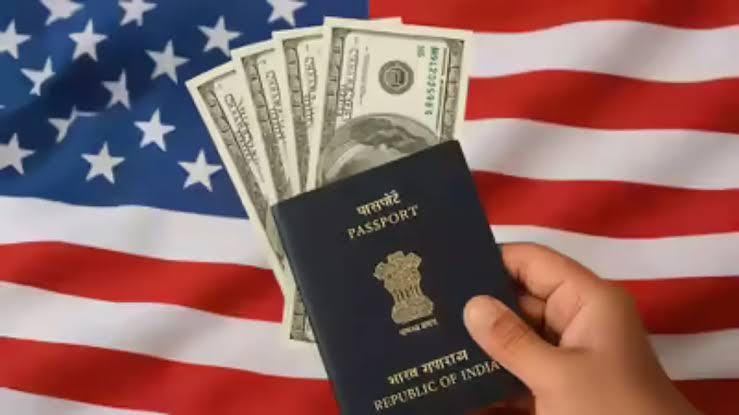Indian students planning to go to the US for higher education are in for a cost shock. The US government has announced a new $250 'Visa Integrity Fee'—a development that will increase the cost of most non-immigrant visas, including student visas, by more than twice from January 2026.
What is the Integrity Fee?
-
The Integrity Fee is a $250 charge, authorized by the "One Big Beautiful Bill" of July 4, 2025.
-
It can be applied to almost all non-immigrant US visa categories: student (F, M), tourism/business (B-1/B-2), work (H-1B), and exchange (J) visas.
-
Diplomatic visa holders (categories A and G) alone are exempted.
-
The fee is non-refundable unless the visa holder leaves the US within five days of visa expiration or lawfully extends/adjusts status.
Key Points:
-
Impact on Indian Students Visa charges to increase: The total cost of an F/M US student visa for Indians will increase from around ₹16,000 to nearly ₹40,000 ($472) with all charges.
-
Fee as security deposit: The Integrity Fee will induce compliance with visa legislation, the US government contends. Refund is granted only in the event of strict compliance—no overstaying or illegal employment.
-
Yearly rise: The charge will increase on an annual basis according to US inflation rates.
-
Broader implications: Indian travelers, IT professionals, and business travelers will all be affected. IT companies that rely on H-1B visas will be forced to absorb higher operating costs.
-
Advance booking: Indian applicants are recommended by experts to schedule visa appointments before 2026 to avoid the hike.
Why This Move?
The US views the Integrity Fee as a promise of visa integrity and compliance, and as a deposit to discourage rule-breaking.
Money from unreimbursed charges will be deposited in the US Treasury and the Department of Homeland Security will be responsible for making yearly adjustments.
Source: The Economic Times, India TV News, Times of India, Angel One
